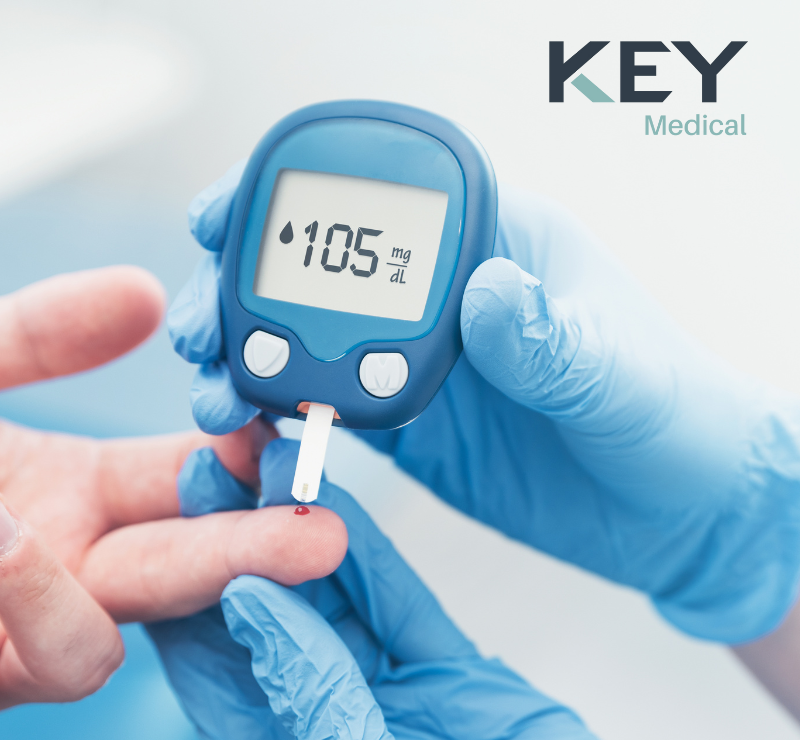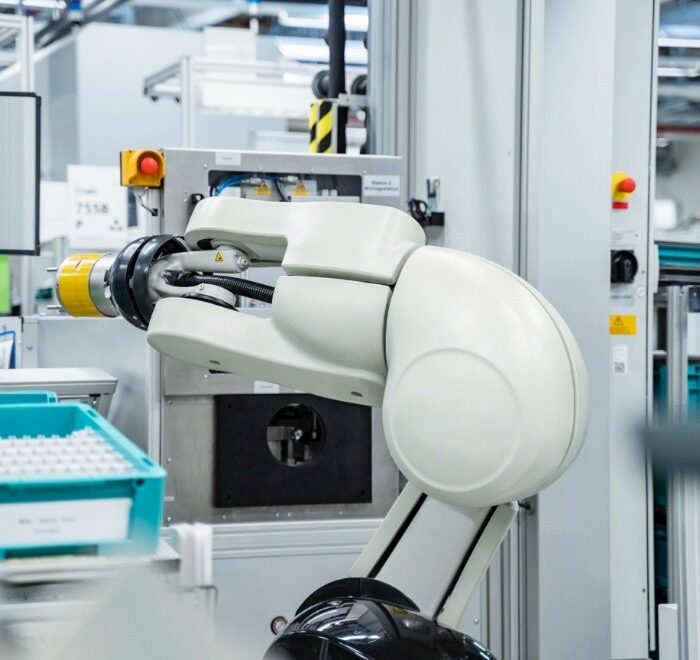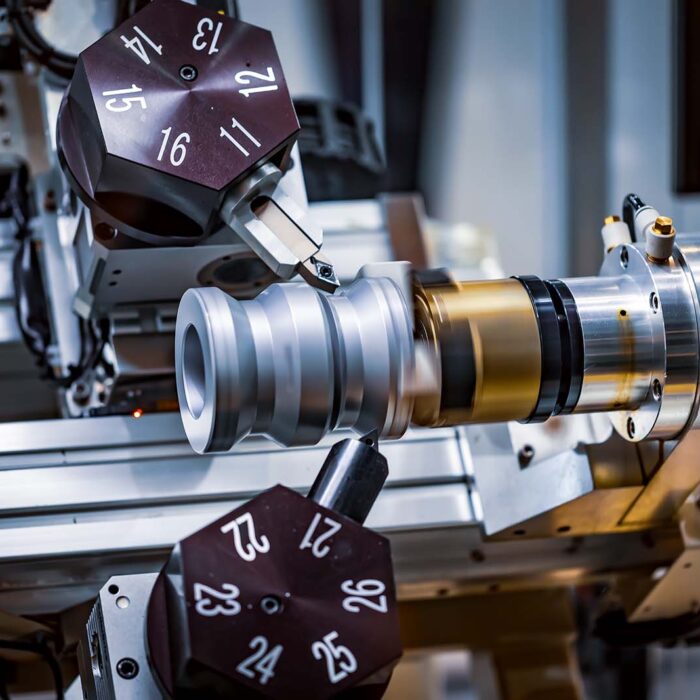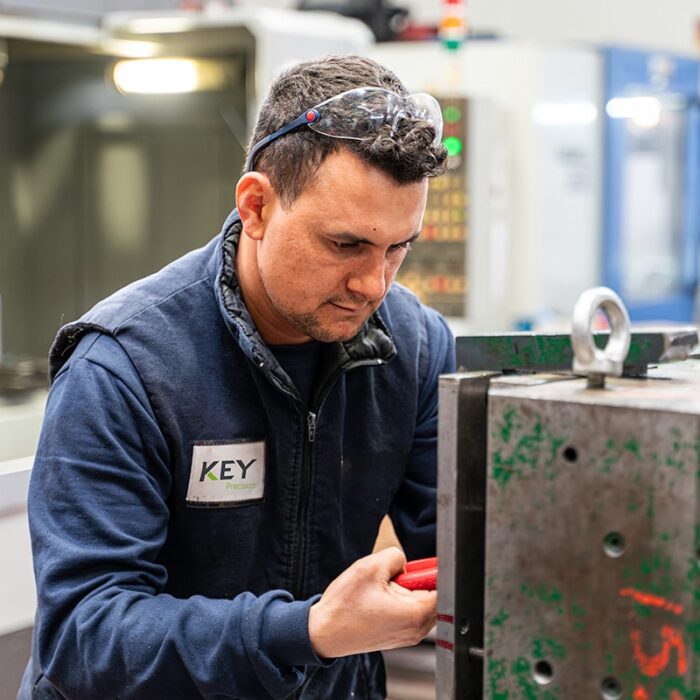Medical devices play a critical role in diagnosing, monitoring, and treating patients, making precision and reliability paramount in their development. Precision engineering, with its focus on accuracy, consistency, and quality, is indispensable in the manufacturing of these vital tools. Here’s how precision engineering contributes to the development of medical devices.
Medical devices play a critical role in diagnosing, monitoring, and treating patients, making precision and reliability paramount in their development. Precision engineering, with its focus on accuracy, consistency, and quality, is indispensable in the manufacturing of these vital tools. Here’s how precision engineering contributes to the development of medical devices.
1. Enhanced Accuracy and Precision
Precision engineering ensures that medical devices are manufactured with the highest levels of accuracy and precision. This is crucial because even the smallest deviation in the dimensions of a medical device can lead to incorrect diagnoses or ineffective treatments. For instance, surgical instruments, implants, and diagnostic equipment require exact specifications to function correctly and safely. Precision engineering techniques, such as CNC machining and laser cutting, enable the production of components with tolerances in the micrometre range, ensuring the reliability and effectiveness of medical devices.
2. Improved Quality Control
Quality control is a significant aspect of medical device manufacturing. Precision engineering employs advanced quality control techniques, including coordinate measuring machines (CMMs) and optical inspection systems, to ensure that each component meets stringent industry standards. These technologies allow for the detection of defects at a microscopic level, ensuring that only the highest quality products reach the market. By maintaining rigorous quality control, precision engineering helps in reducing the risk of device failure and enhancing patient safety.
3. Customisation and Innovation
The medical field often requires custom solutions to address unique patient needs. Precision engineering facilitates the development of bespoke medical devices tailored to individual requirements. For example, patient-specific implants and prosthetics can be designed and manufactured to fit perfectly, enhancing the effectiveness of treatments and improving patient outcomes. Additionally, precision engineering drives innovation by enabling the creation of complex geometries and intricate designs that were previously impossible to achieve. This capability supports the development of cutting-edge medical technologies and devices.
4. Material Advancements
Medical devices must often be made from biocompatible materials that are safe for use within the human body. Precision engineering allows for the precise manipulation of advanced materials, such as titanium, stainless steel, and various medical-grade polymers. These materials are chosen for their strength, durability, and compatibility with the human body. Precision engineering ensures that these materials are processed and shaped without compromising their integrity, resulting in reliable and long-lasting medical devices.
5. Enhanced Efficiency and Cost-Effectiveness
Precision engineering techniques contribute to the efficiency and cost-effectiveness of medical device manufacturing. Automated processes, such as CNC machining and additive manufacturing, reduce the time and labour required to produce complex components. This efficiency not only accelerates the production timeline but also reduces costs, making high-quality medical devices more accessible. Furthermore, the precision of these processes minimises waste and optimises the use of raw materials, contributing to overall cost savings.
6. Regulatory Compliance
The medical device industry is heavily regulated, with stringent requirements for safety, efficacy, and quality. Precision engineering helps manufacturers comply with these regulations by ensuring that devices meet all necessary standards and specifications. Documentation and traceability are integral parts of precision engineering processes, providing a clear record of each step in the manufacturing process. This traceability is essential for regulatory compliance and for addressing any issues that may arise during the lifecycle of a medical device.
Conclusion
In the realm of medical device manufacturing, precision engineering is not just a technical requirement but a critical enabler of innovation, safety, and effectiveness. By ensuring the highest levels of accuracy, quality, and efficiency, precision engineering plays a vital role in the development of medical devices that improve patient care and save lives. As medical technology continues to advance, the importance of precision engineering will only grow, driving further advancements and enhancing the capabilities of medical devices around the world.






